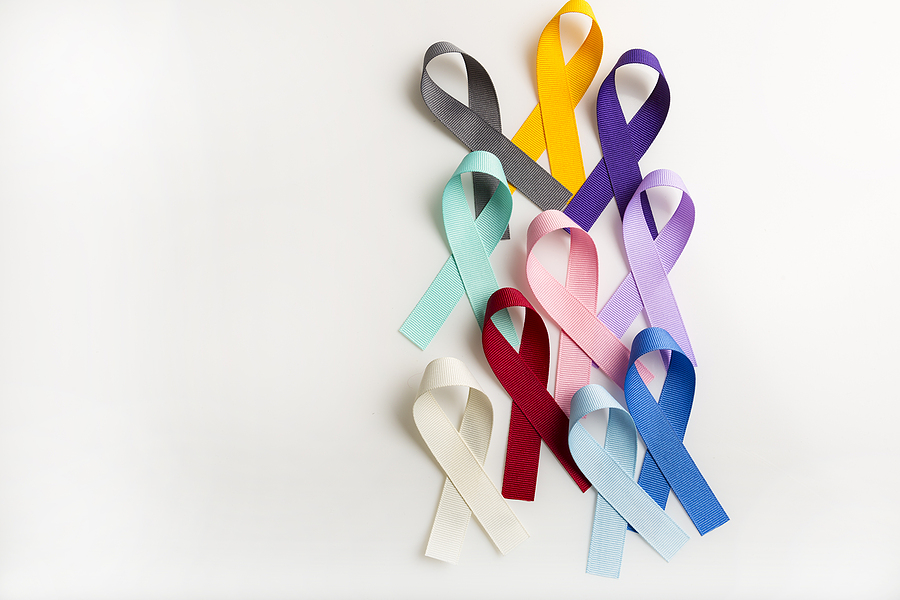Many people experience cancer at one point in life or the other and that includes people from all walks of life and in various health and lifestyle challenges. There are many different ways to cope with how you feel while getting cancer treatment. You can choose gay online dating, take up a new hobby, or if you need money for treatment, you can learn how to sweet talk a sugar daddy. Regardless of your lifestyle choices, you must consider proper nutrition during your cancer treatment. Let’s take a look at this.
Dealing With Cancer
For people who are dealing with cancer, it is important to maintain good nutrition. When you have cancer, your immune system is at a disadvantage. In addition, cancer treatment can wreak havoc on your body. Therefore, it is vitally important to eat a consistently healthy diet. The goal is to repair your immune system and strengthen your body, helping you to fight against side effects and infection while maintaining your weight. For some people, cancer treatment brings a lot of different side effects, which can make it difficult to eat. If you cannot eat certain kinds of food during treatment, feel free to experiment, but make sure you are eating the most nutritious foods.
Bladder Cancer
Bladder cancer can be a silent disease. The most common and dominant sign of bladder cancer is blood seen in the urine. For the most part, bladder cancer is not easy to detect when there are no signs. However, if you see discoloration of your urine, you should go to the doctor immediately. During the early stages of the disease, you may not feel pain while urinating or have any pain in your lower stomach. Lower back pain is a sign of bladder cancer, but only in the latter stage of the disease. If you have a repeated urgency to go to the bathroom, this can be mistaken for bladder cancer, but it could be a urinary tract infection.
When you have doubts, it is best to get a medical examination. A doctor will provide a proper diagnosis to see whether it’s a disease or infection. The doctor will assess your medical history, performing a physical examination and running a host of tests. One such test is urinalysis where the doctor will have a urine culture taken; or possibly an MRI or CT scan done. If the diagnosis is inconclusive, the doctor will go a step further and do a biopsy.
Early Detection
Early detection is very important for any disease. The sooner that you can get a diagnosis, the better it is for your health. Other than the concern about blood in your urine, you don’t want to have a sudden health scare. So it is imperative that you get checked immediately. It is easier too, if you schedule regular doctor’s visits. This will lower your risk against bladder cancer.
Treatment, Surgery and Eating
If you are at your normal weight, you might have to put on some weight prior to your surgery. You may have to increase your caloric intake and add more protein to your diet. This will help you to gain weight before you go into surgery. It will also help with the healing process afterward. For those throat, mouth or stomach cancer patients, eating is going to be a challenge. In some cases, intravenous feeding would be wiser. When radiation treatment is done to the neck or head, it might be hard to swallow. Your taste buds aren’t the same. Your mouth might be dry or you may have a sore mouth or throat. You may find it hard to swallow with radiation treatment to the chest. Nausea, vomiting and cramps are sometimes associated with radiation of the stomach. Your digestive system is often affected by chemotherapy medication, also causing vomiting, weight problems, reduced appetite and changes in food smell or taste.
Taking Supplements
Realistically, you may not be able to consume the appropriate vitamin and minerals from eating. Therefore, you should consider taking supplements during cancer treatment. These supplements could include antioxidants, extra minerals and vitamins as well as herbs. However, before you make a decision on which supplements to take, be sure to get medical advice from your doctor.
Handling Your Food
During cancer treatment, your body has a hard time fighting against infection. Therefore, it is important that you take extra care with handling your food. Separate all your raw foods from cooked foods. Use a different cutting board to prepare raw meat and raw vegetables. Cook your food using the appropriate temperature. Don’t eat any food that is undercooked. If you have to use a thermometer to test your food’s internal temperature, by all means do so. After using any food item or bringing home groceries, be sure to refrigerate right away. Don’t thaw your foods at room temperature. Thaw while refrigerated – at the bottom of the refrigerator. After you cook your meals, cool them in the refrigerator and not at room temperature.
Calories and Protein
During cancer treatment, you might lose your appetite. So it is best to eat smaller meals about 6 times per day. Use a salad plate rather than a dinner plate. For high caloric intake, drink fruit juices and hot chocolate periodically throughout the day. Make fruit and vegetable smoothies. Drink at least once per day. To make the food more appealing, include a variety of food colors and textures. Eat foods that are rich in protein like fish, milk, chicken, cheese, eggs and beans. For example, if you are fixing an omelet, you could add diced cheese and cooked chicken. To soups, casseroles and mashed potatoes, add some powdered milk. For snacks, eat peanut butter, cheese and crackers. Spread peanut butter on your bananas, celery and apples. If you can stomach it, put peanut butter into your milk shakes. Eat roasted nuts, chia seeds, pistachio and sunflower. Spread hummus on pita bread and eat for breakfast. To your soup, salads and casseroles, add cooked chicken, beef or lamb. To your cooked meats and salads, add kidney beans, nuts or chickpeas. Try to stay away from foods labeled as low or reduced fat. For instance, whole milk is better to drink than skim milk.
Conclusion
While cancer treatment may be inevitable, this doesn’t mean that you have to deprive yourself of the things you love to eat. However, stay in the realms of healthy and nutritious. You want to eat what is best for you. When you are unable to eat enough vitamins and protein, add supplements. Speak to your doctor about intravenous feeding if you are having trouble with keeping food in your stomach. Get healthy soon!








